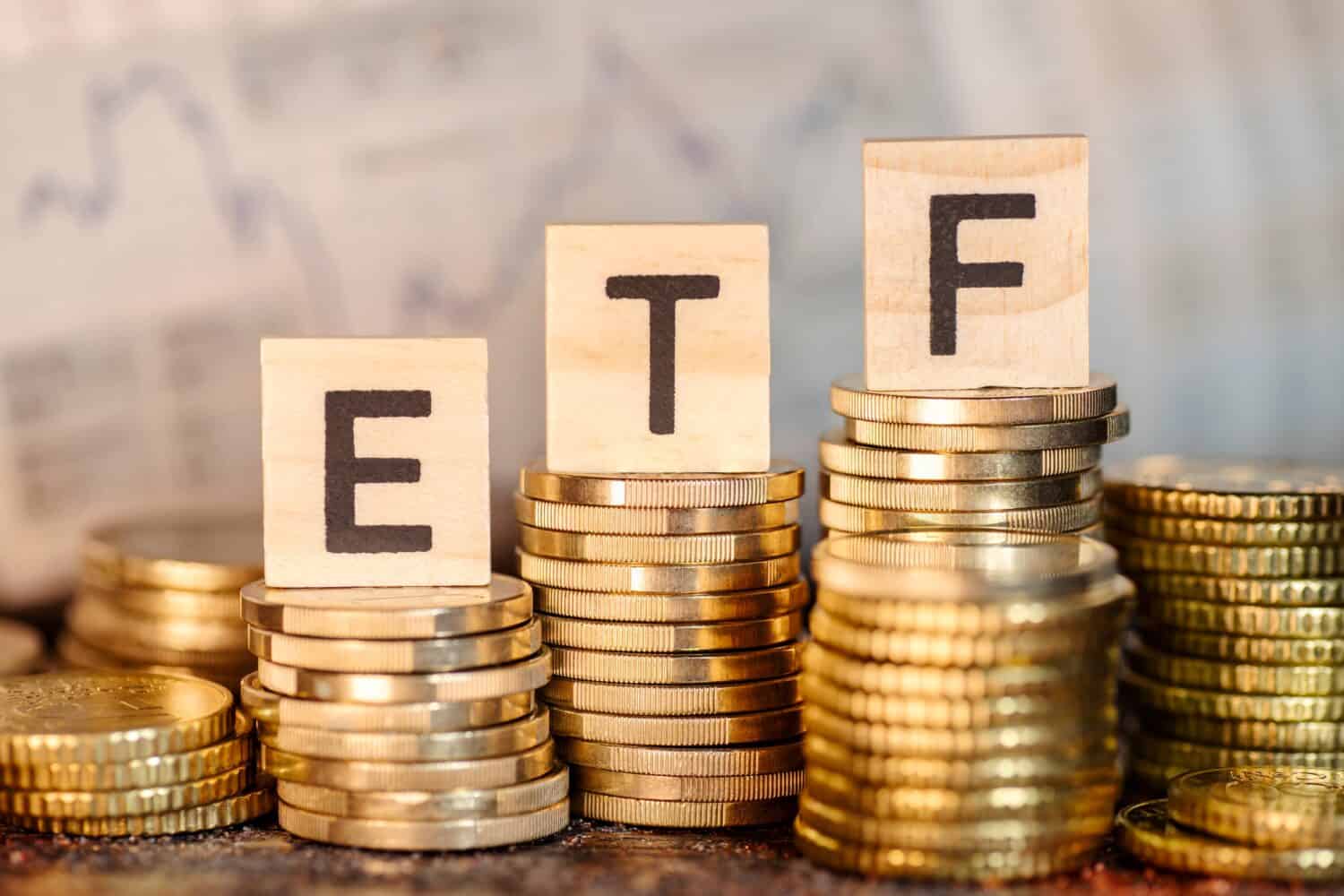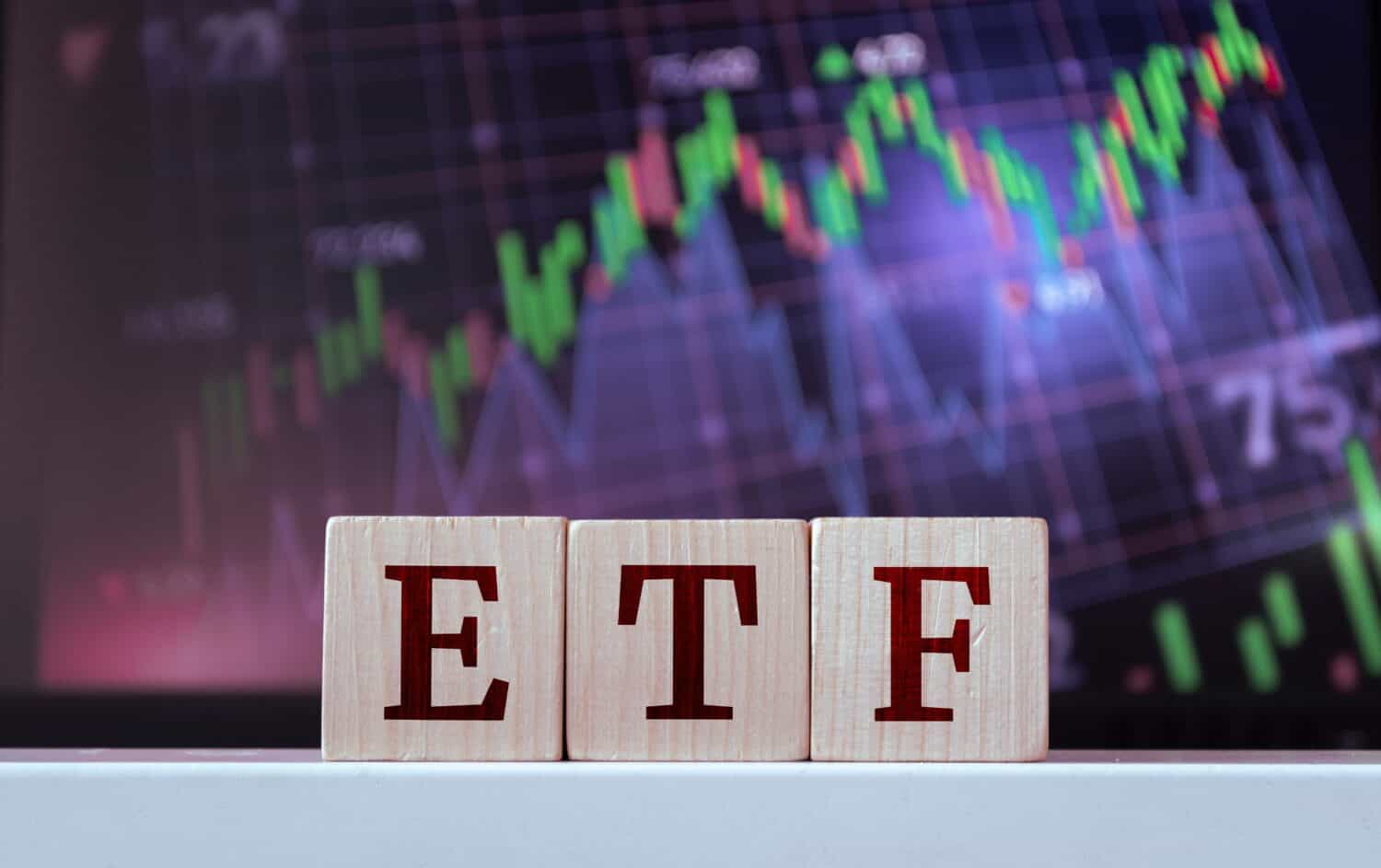
For investors looking for exposure to high-quality large-cap stocks out there, being a stock picker in this space can be very frustrating. For one, valuations have skyrocketed recently, leading investors seeking quality to often pay far more for the shares of the companies they like than they’d otherwise be comfortable with. This reality can leave investors with a sour taste in their mouths, and that’s certainly understandable.
In my view, there are better ways to approach the large-cap investing world. One such option is a top exchange traded fund (ETF) I’ve been looking at for some time. The Schwab U.S. Large-Cap Value ETF (SCHV) is an exchange-traded fund designed to provide investors with exposure to large-cap U.S. companies that exhibit value characteristics. Launched late-2009, this ETF tracks the Dow Jones U.S. Large-Cap Value Total Stock Market Index. Thus, investors gain exposure to more than 500 stocks identified as undervalued based on metrics such as price-to-earnings and price-to-book ratios. In other words, this ETF does all (or most) of the work for investors, and paves the way to the sort of quality, value-oriented large-caps many are after.
The SCHV ETF isn’t small either, with assets totaling approximately $11.98 billion. Coming in at an expense ratio of just 0.04%, SCHV is noted for its cost-effectiveness compared to many other funds in the market. The ETF’s portfolio is also well-diversified across various sectors, with significant holdings in financial services, healthcare, and consumer goods.
Here’s more on why I think this particular ETF is worth considering at this point in the market cycle.
Key Points About This Article:
- For investors looking for value amid large-cap stocks, this can be a very frustrating market to invest in.
- However, one top ETF has changed the game when it comes to stock picking at the top end of the market capitalization rankings.
- If you’re looking for some stocks with huge potential, make sure to grab a free copy of our brand-new “The Next NVIDIA” report. It features a software stock we’re confident has 10X potential.
Price Movements for the SCHV ETF

The Schwab U.S. Large-Cap Value ETF is a top ETF I’ve had on my watch list for some time, and haven’t pulled the trigger on. That’s too bad, given this fund’s strong 23% one-year return at the time of writing.
But what I think is perhaps most notable about this year-to-date move in the SCHV is the fund’s rather low-beta moves higher. This is a low-volatility ETF, with about as smooth an “up-and-to-the-right” move as investors will come across in the market. I’d certainly encourage investors to check out this fund’s stock chart, which is rather incredible given the bumpy ride we’ve been on over the last year.
It turns out, valuation does matter to investors, and this is a factor that’s becoming increasingly important to many investors. That certainly makes sense to me, given where valuations are among many of the top-tier large cap companies out there. Many trade at eye-watering valuations that some investors (myself included) simply can’t justify owning.
But for those looking to participate in the overall market move higher, I do think this ETF makes sense. The SCHV currently holds more than $11 billion in assets, making it among the larger players in this space, and its steady performance is what appeals most to me.
Recent Stock Split

I also tend to like funds that make their shares more affordable for me to purchase in retirement accounts. Schwab Asset Management did just that recently, announcing a forward share split for 20 ETFs, including the SCHV. This resulted in the company increasing its shares outstanding and lowering NAV per share for these funds, without affecting total investment value. The split applied to shareholders as of October 9, 2024, with trading at the new prices starting October 11, 2024. For those reading this article, that means this is old news, but it also means that as the fund heads higher over the long-term, investors will likely retain their ability to dollar cost average into this fund at reasonable levels. I like that.
Schwab is a leading ETF manager for a reason. The quality of the funds the company manages (at very reasonable expense ratios) make these top options for me when I’m looking for a specific strategy or sector exposure. For those seeking top value-oriented large-cap picks, this is an ETF that’s certainly worth a look.
Who This Is an ETF to Buy

Aside from the lower-volatility nature of this ETF and the value the Schwab Asset Management team provides, there are plenty of other reasons why an investor may consider the Schwab U.S. Large-Cap Value ETF. I think as a way to play the performance of the Dow Jones U.S. Large-Cap Value Total Stock Market Index, this is a top-tier option at its price point. This is an index that has performed very well historically, and I don’t expect that to change over the long-term. Of course, there will be volatility on the path to the sort of up-and-to-the-right performance I mentioned earlier. Not every year will be like the one we just saw. But overall, I do think this is an ETF that should perform very strongly over the next decade or two.
Over the past 15 years, this ETF have provided compounded annual returns of more than 11%. Thus, this is among the top-performing funds I’m considering adding for this reason. If large cap stocks go out of favor for any reason, this will certainly be the ETF I use to play a reversion toward a longer-term mean. After all, the longer-term mean with this fund has been quite impressive.
The Average American Has No Idea How Much Money You Can Make Today (Sponsor)
The last few years made people forget how much banks and CD’s can pay. Meanwhile, interest rates have spiked and many can afford to pay you much more, but most are keeping yields low and hoping you won’t notice.
But there is good news. To win qualified customers, some accounts are paying almost 10x the national average! That’s an incredible way to keep your money safe and earn more at the same time. Our top pick for high yield savings accounts includes other benefits as well. You can earn up to 3.80% with a Checking & Savings Account today Sign up and get up to $300 with direct deposit. No account fees. FDIC Insured.
Click here to see how much more you could be earning on your savings today. It takes just a few minutes to open an account to make your money work for you.
Our top pick for high yield savings accounts includes other benefits as well. You can earn up to 4.00% with a Checking & Savings Account from Sofi. Sign up and get up to $300 with direct deposit. No account fees. FDIC Insured.
Thank you for reading! Have some feedback for us?
Contact the 24/7 Wall St. editorial team.





